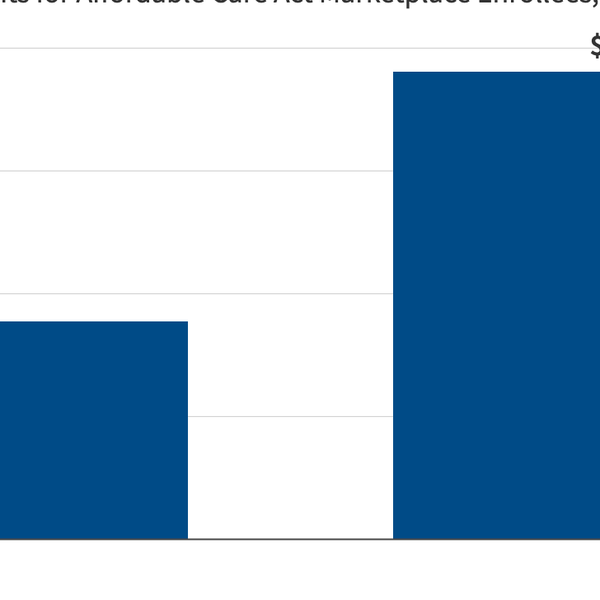
By Don Lee, Tribune Washington Bureau
WASHINGTON — The U.S. made clear this past week that it wants the International Monetary Fund to be the emergency lender for countries like Ukraine, but American lawmakers have persistently refused to give the IMF the additional financial firepower that it has sought.
That tension was evident in meetings concluding this weekend of the IMF, the World Bank and representatives of the Group of 20 major economies: Washington’s long delay in ratifying changes to the IMF’s so-called quota system came under fire from finance ministers and other officials of many countries.
Analysts say congressional failure to act on the 2010 IMF reforms has hurt American credibility and weakened its hand in international settings, such as the G-20, the main global forum for cooperation on economic policies.
On Saturday, even as the IMF noted that a stronger U.S. economy was helping drive better global growth, it said in a statement that it was “deeply disappointed” by the lack of progress on the IMF reforms. And the fund threatened to take other options if Congress failed to sign off on the overhaul by the end of the year. The G-20 issued a similar message in its communique Friday.
The reforms would strengthen the IMF’s resources and shift some of the fund’s voting power to large developing countries such as China and India. The changes wouldn’t erase U.S. veto power in the IMF or require new money from Washington, but lawmakers’ concerns about budget deficits and domestic politics have stymied passage of the package.
The inaction won’t have a direct bearing on the IMF’s plan to help the Ukraine government with loans of as much as $18 billion. The support is critical for Ukraine’s economy, which was struggling even before the political turmoil from Russia’s annexation of Crimea and pro-Russia protests in eastern Ukraine.
Christine Lagarde, the IMF’s managing director, said Saturday that she hoped the fund’s loan deal with Ukraine authorities would be approved by the IMF executive board by the end of this month.
The agreement, reached in late March, would entail some painful structural adjustments by the Ukraine government, such as cuts in its energy subsidies.
The total international package for Ukraine is expected to total about $27 billion, and the U.S., which is contributing $1 billion in loans, and other countries wholeheartedly endorsed the IMF as the primary and lead player in the bailout plan.
“The situation in Ukraine has highlighted the IMF’s unique role as first responder in a crisis of this kind,” Treasury Secretary Jacob J. Lew told the International Monetary Financial Committee in Washington on Friday. “It is critical that the international community . . . take immediate steps to also support the IMF program by providing financing support, given the sizable financing needs.”
At the same time, Lew seemed to acknowledge the implicit inconsistency in such a call with the protracted delay in implementing the IMF’s reforms.
“We are working to fulfill our pivotal responsibility,” he said, adding that despite this “major setback,” the Obama administration remained committed to the overhaul and will work with Congress to ratify it this year.
Lagarde and other IMF officials said they were hopeful, and declined to talk about what options the fund would consider should Congress fail to act in time. But given the midterm election in November and other partisan political considerations, analysts doubted that lawmakers would meet the IMF’s deadline.
“It goes beyond the IMF itself,” said Domenico Lombardi, a global economic expert at the Center for International Governance Innovation in Canada.
“International relations is about give and take,” he said, adding that it could undermine America’s ability to secure its own economic goals. “How can the U.S. ask China to revise its exchange rate policy or contribute to global rebalancing?”
Photo: Jewel Samad via AFP








